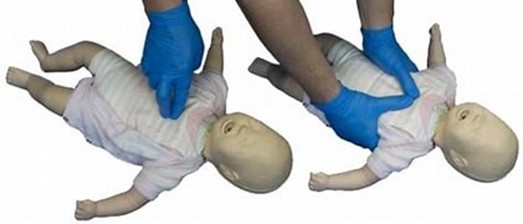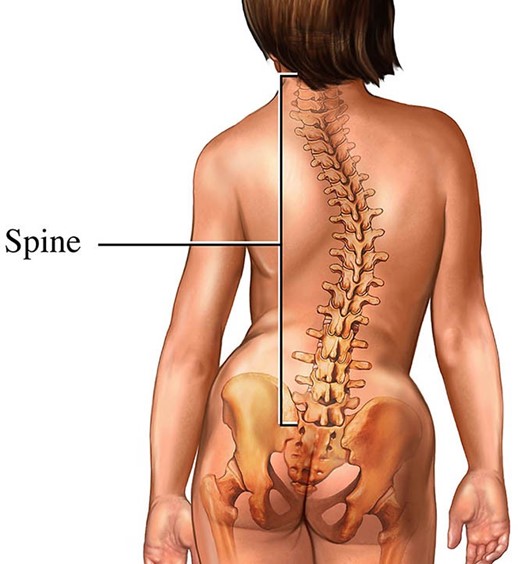A nurse reports an incident of suspected child abuse. One of the parents of the child becomes upset and demands to know the reason
for the nurse's action.
Which of the following responses by the nurse is appropriate?
"The provider will be coming to explain the situation.".
"As a nurse, I am required by law to report suspected child abuse.".
"I am unable to discuss this, but I can contact my supervisor to speak with you.".
"I reported the incident to my supervisor who decided to contact the authorities.".
The Correct Answer is B
This response is appropriate because it informs the parent that the nurse has a legal obligation to report any suspected child abuse.
Choice A is not an answer because it does not address the parent’s concern and instead defers responsibility to the provider.
Choice C is not an answer because it does not provide any information to the parent and instead suggests contacting a supervisor.
Choice D is not an answer because it implies that the decision to report the incident was made by the supervisor and not the nurse.
Nursing Test Bank
Naxlex Comprehensive Predictor Exams
Related Questions
Correct Answer is D
Explanation
This is the recommended technique for chest compressions on an infant, as it provides adequate blood flow without causing injury12.
Choice A.
Deliver compressions just above the nipple line is incorrect, as this is not the correct location for chest compressions on an infant.
The correct location is below the nipple line, at the center of the chest.
Choice B.
Deliver compressions with the heel of one hand is incorrect, as this is the technique for chest compressions on a child, not an infant. For an infant, two fingers are used instead of one hand13.
Choice C.
Deliver compressions at a depth of 5 cm (2 in) is incorrect, as this is too deep for an infant’s chest.
The correct depth for an infant is about 4 cm (1.5 in) or 1/3 the depth of the
chest12.
Therefore, choice D is the best answer.

Correct Answer is C
Explanation
Scoliosis is a condition characterized by sideways curvature of the spine or backbone.
A lateral curvature of the spine is called scoliosis.
Choice A, Torticollis, is not the correct answer because it is a condition in which the head becomes persistently turned to one side, often associated with painful muscle spasms.
Choice B, Kyphosis, is not the correct answer because it refers to an excessive outward curvature of the spine, causing hunching of the back.
Choice D, Lordosis, is not the correct answer because it refers to an excessive inward curvature of the spine.

Whether you are a student looking to ace your exams or a practicing nurse seeking to enhance your expertise , our nursing education contents will empower you with the confidence and competence to make a difference in the lives of patients and become a respected leader in the healthcare field.
Visit Naxlex, invest in your future and unlock endless possibilities with our unparalleled nursing education contents today
Report Wrong Answer on the Current Question
Do you disagree with the answer? If yes, what is your expected answer? Explain.
Kindly be descriptive with the issue you are facing.
